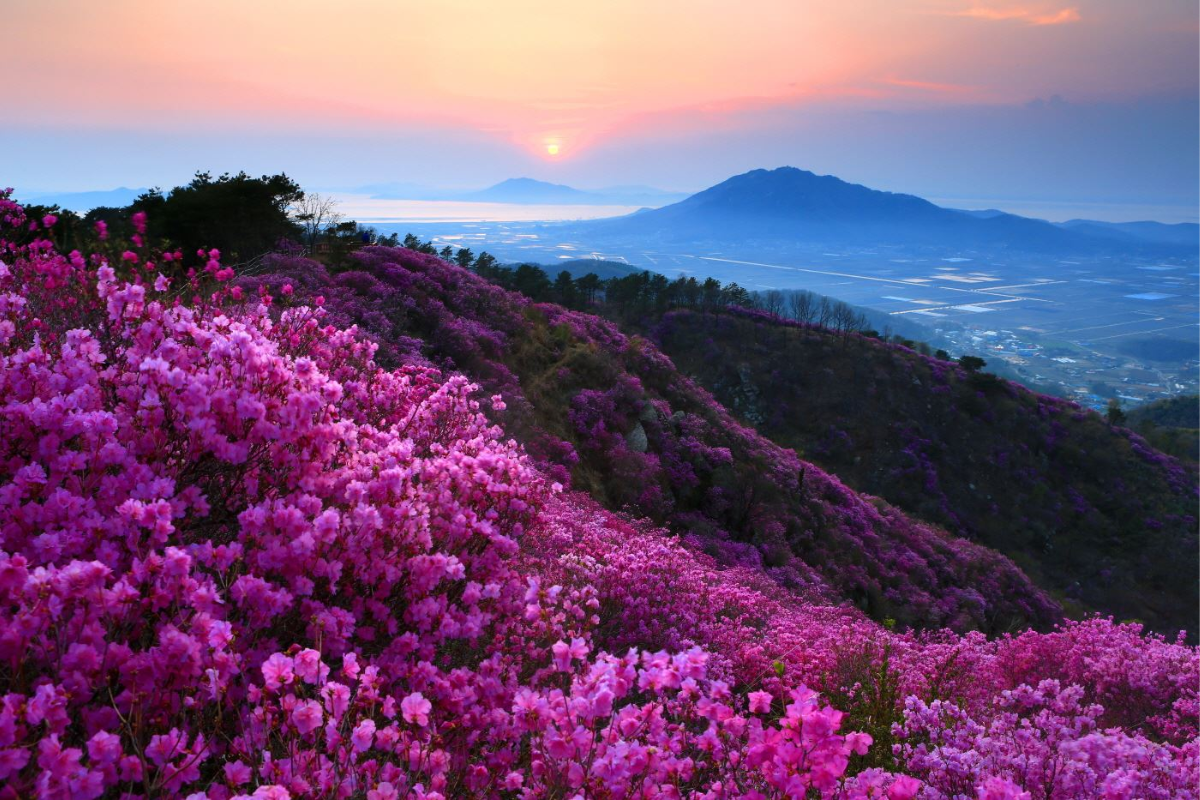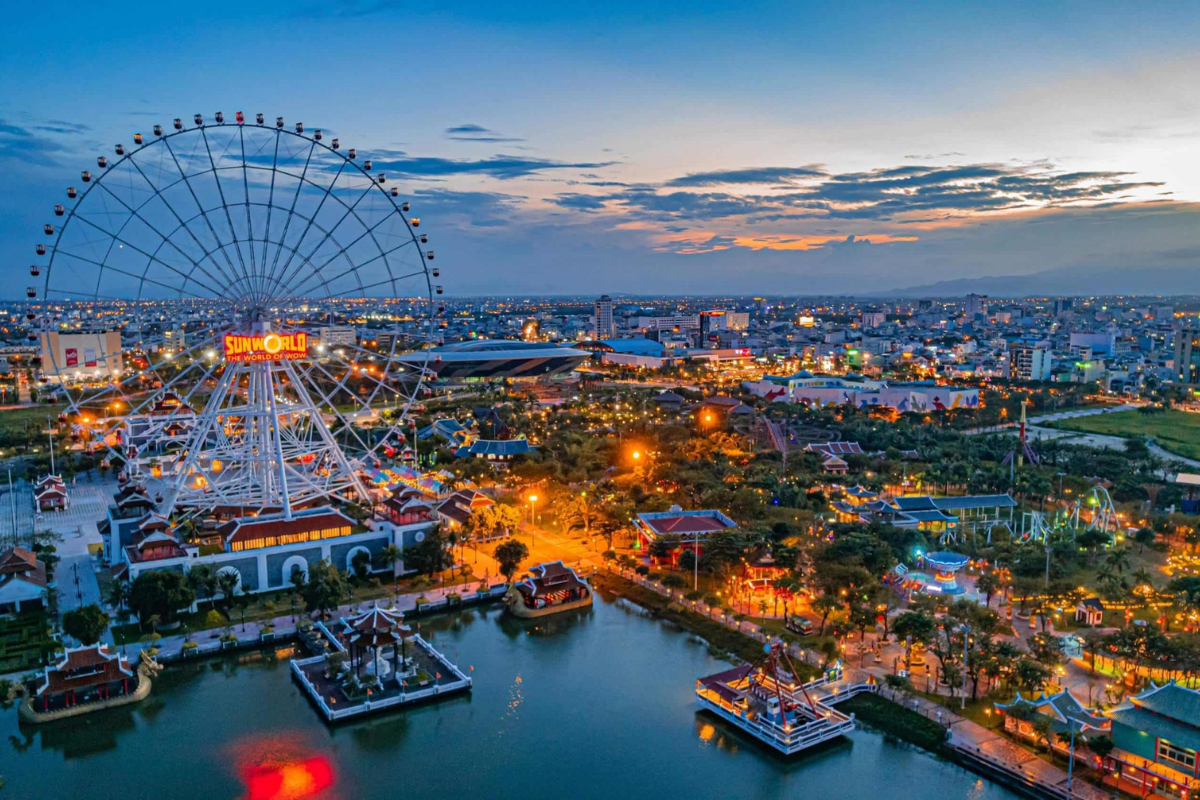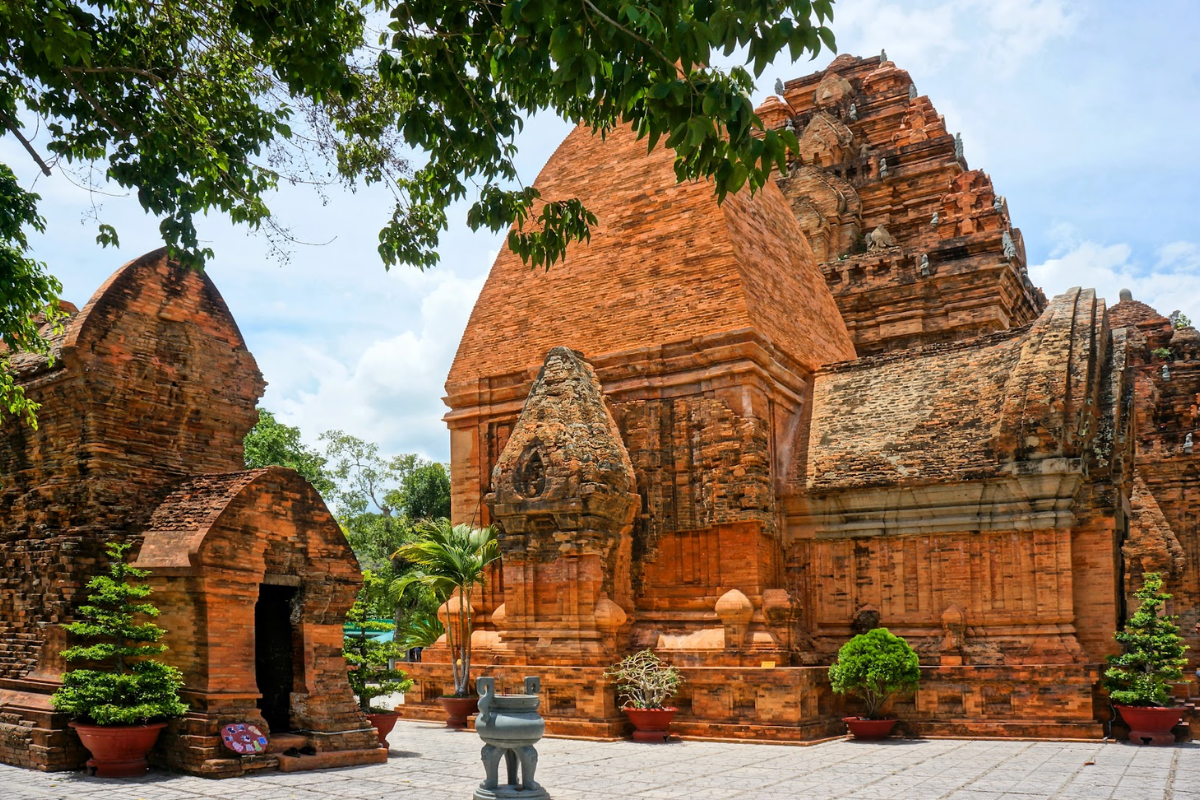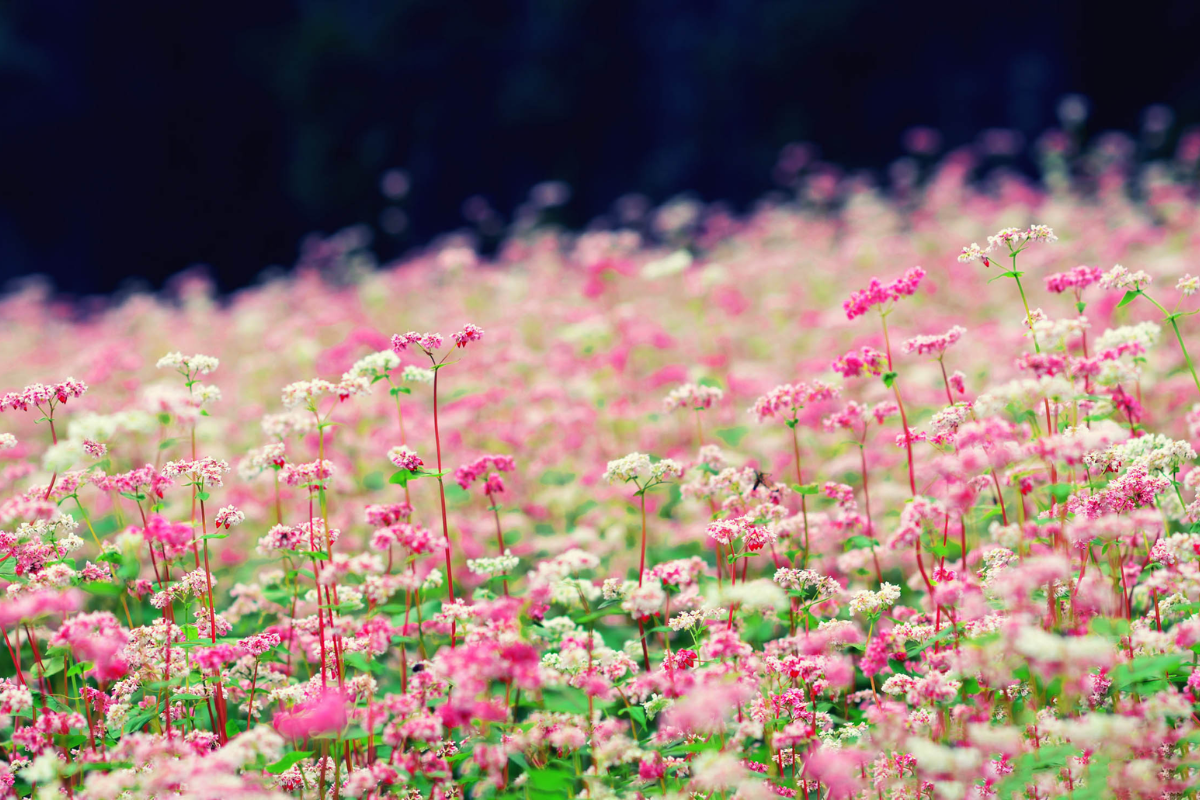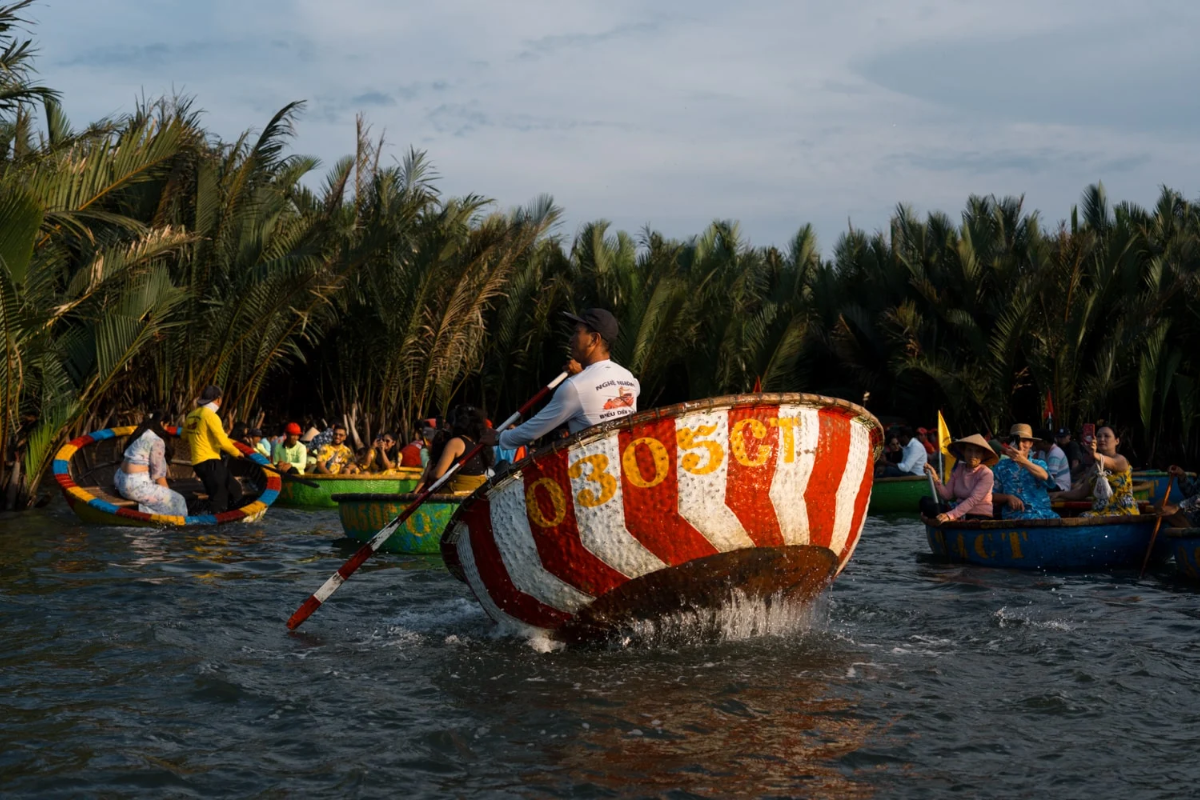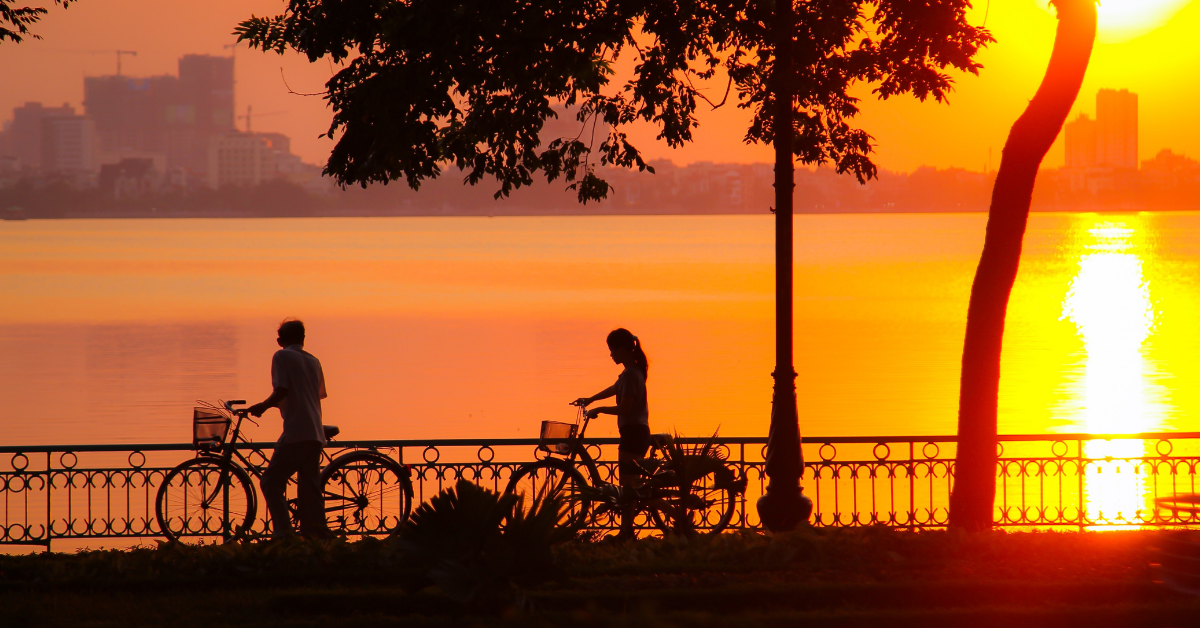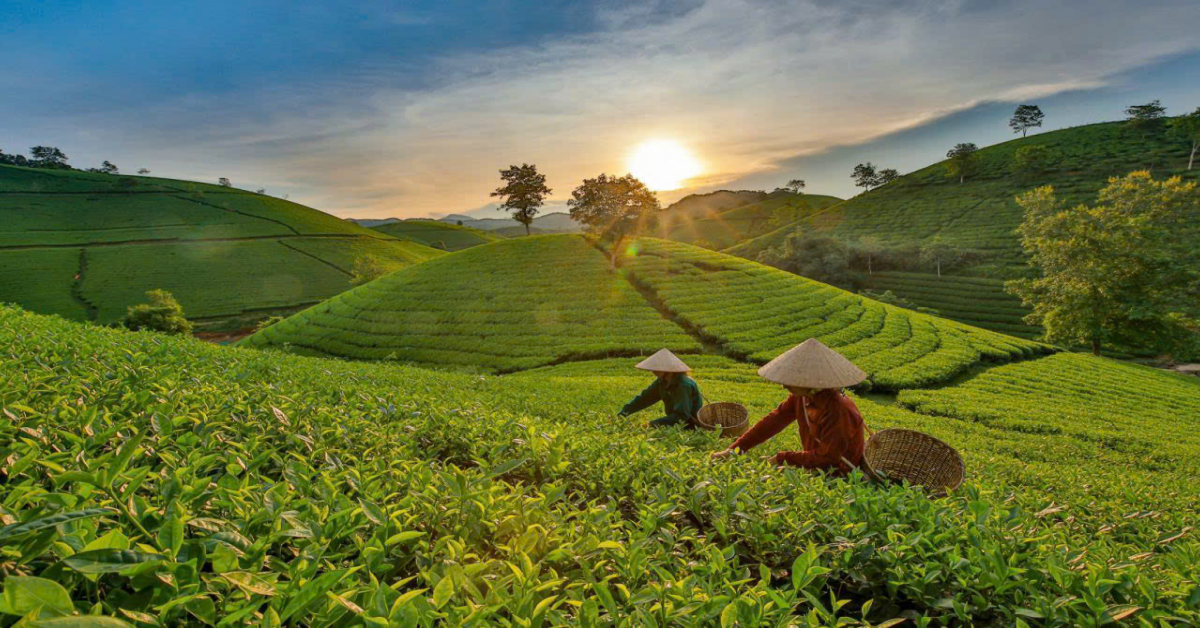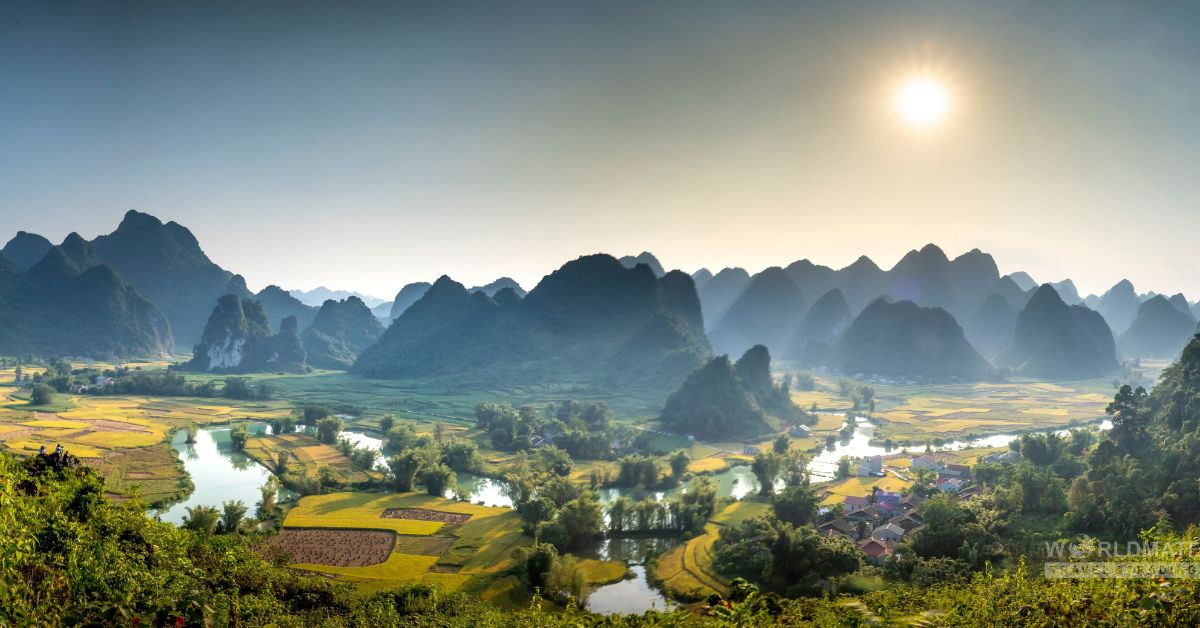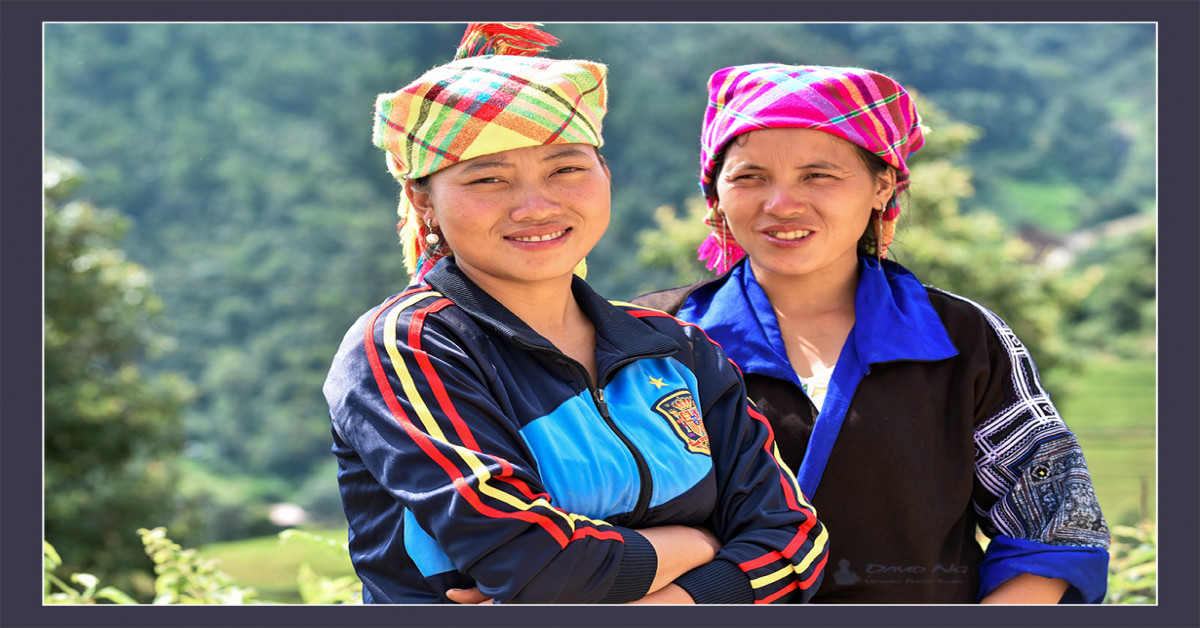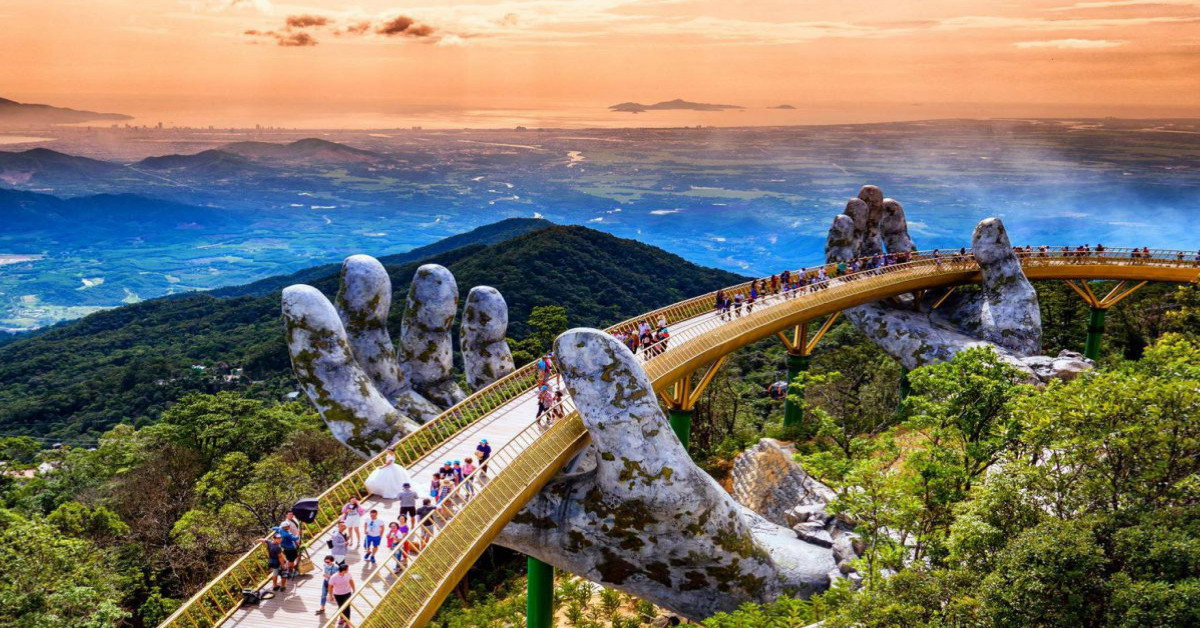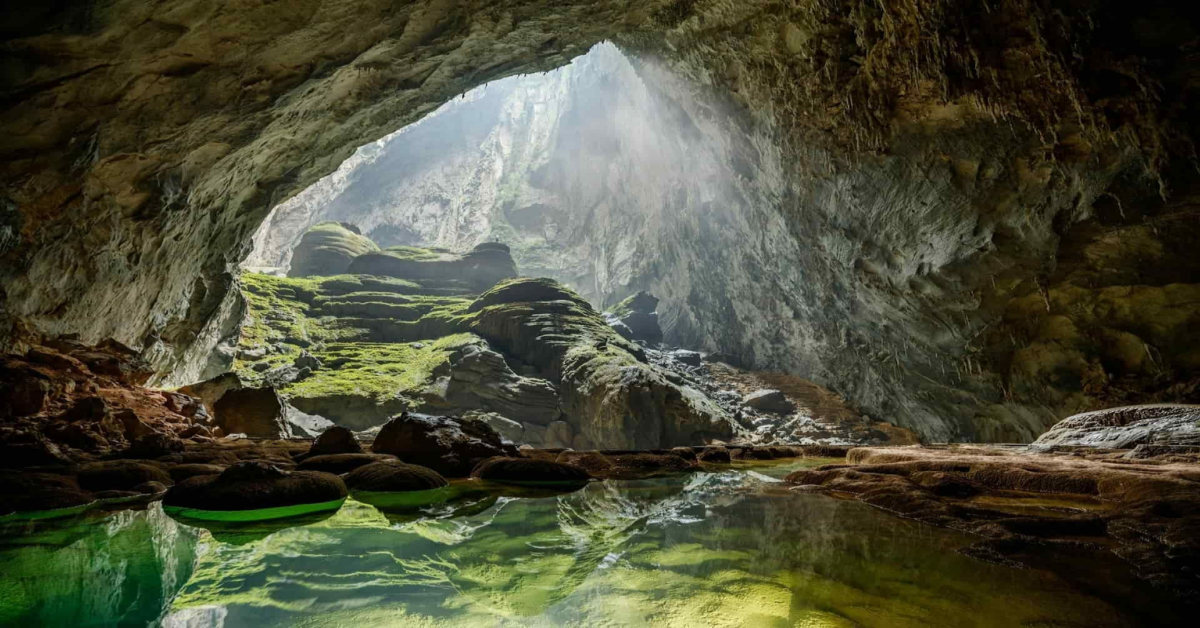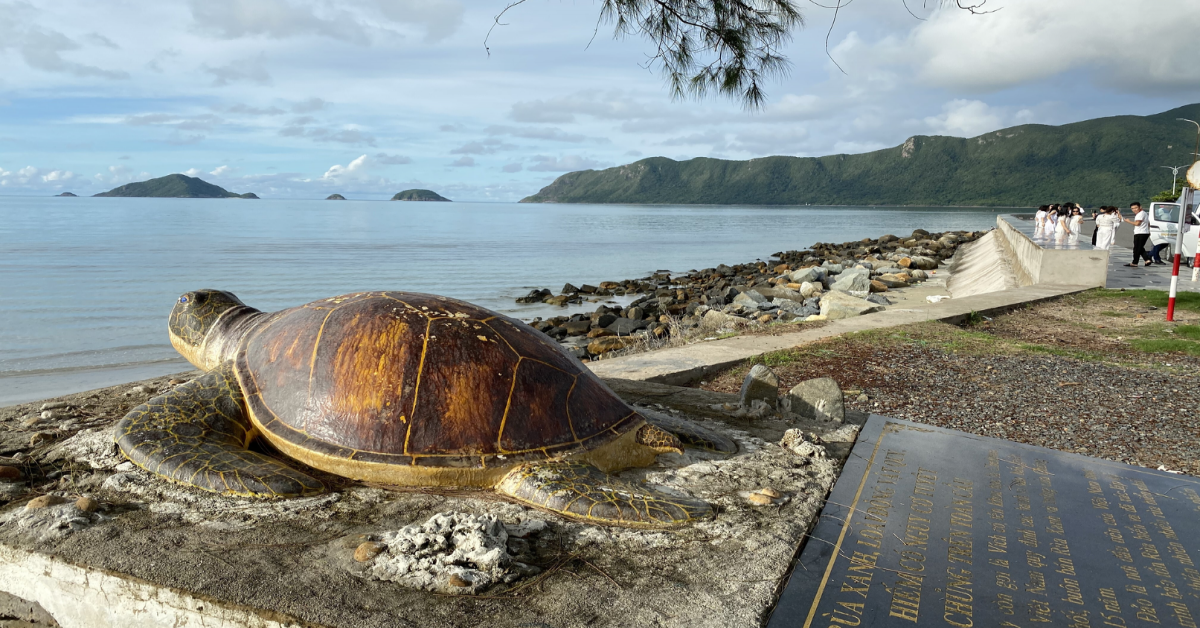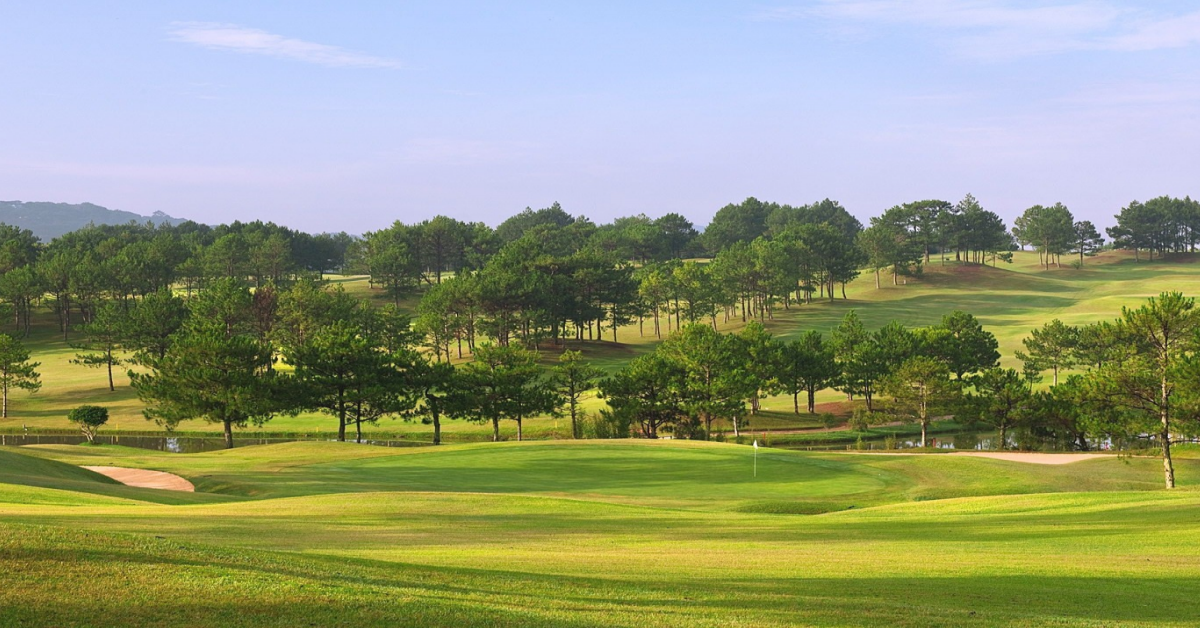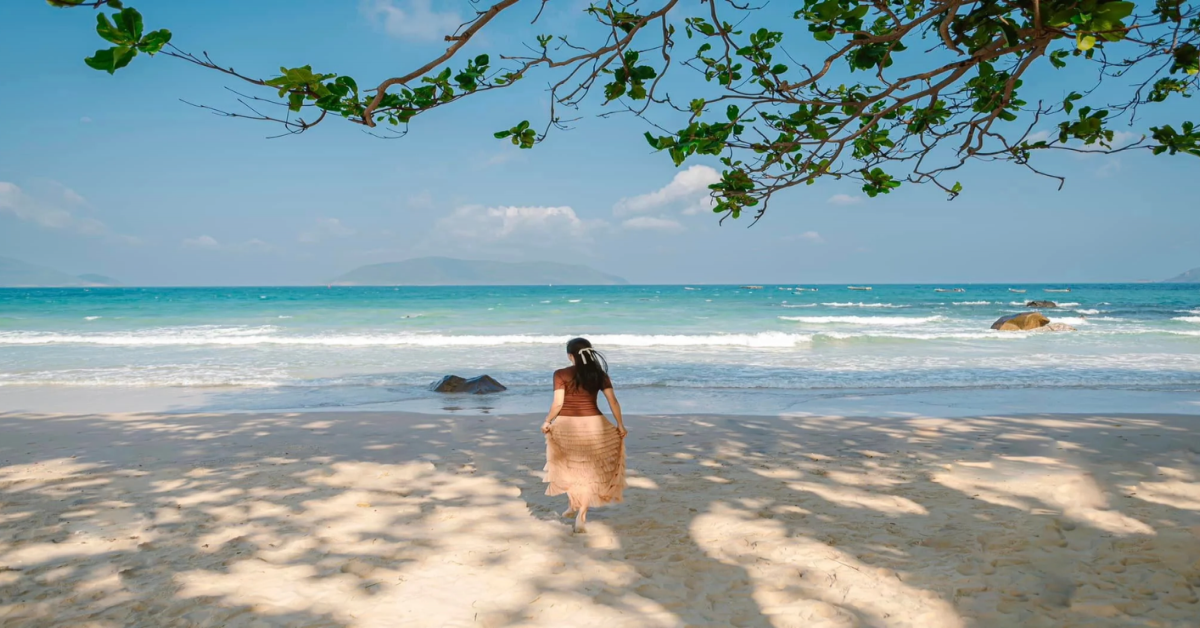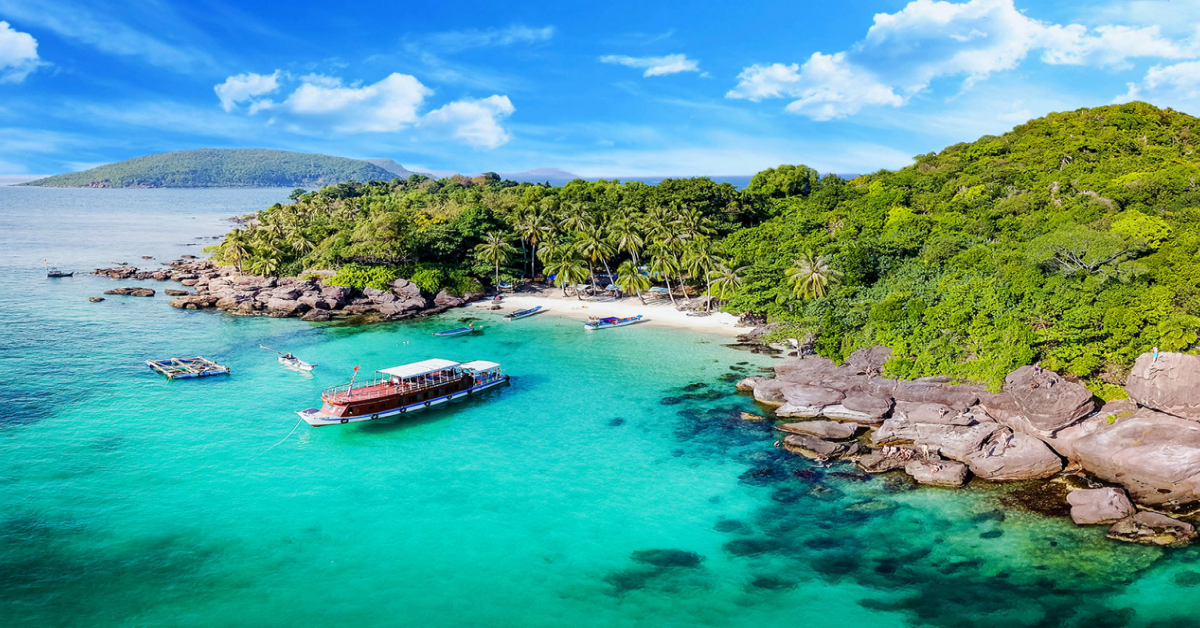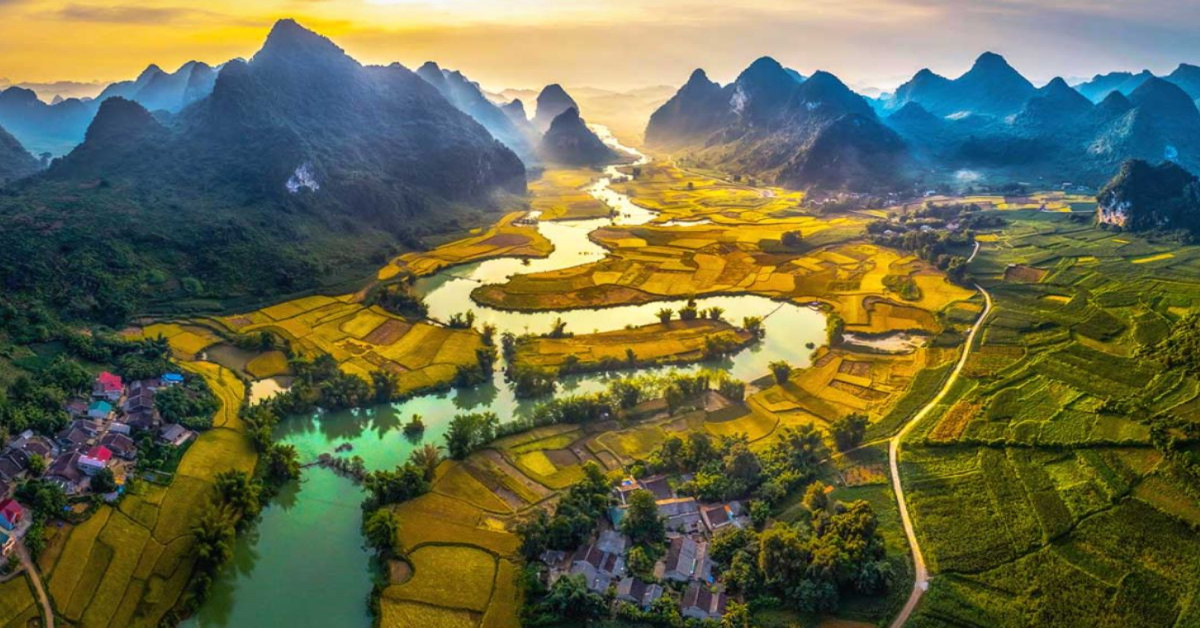Discover Bac Ha Vietnam: Markets, Culture, and Scenic Beauty
Bac Ha, tucked away in the mountainous terrain of Northwestern Vietnam, may not have the fame of Sapa or Ha Giang, but it offers a serene and genuine experience. Surrounded by verdant mountains, rivers, caves, and traditional villages, it's an ideal weekend retreat for those seeking cultural immersion.
A Glimpse into Bac Ha’s Heritage
Bac Ha is situated in the eastern part of Lao Cai Province, around 70 km from Lao Cai City and approximately 300 km from Hanoi. Its beauty lies in the mix of picturesque scenery and a deep-rooted history shaped by the ethnic groups residing here. The town’s name evolved from “Pac Ha,” meaning "one hundred bundles of thatch" in the Tay language, highlighting its agricultural origins.
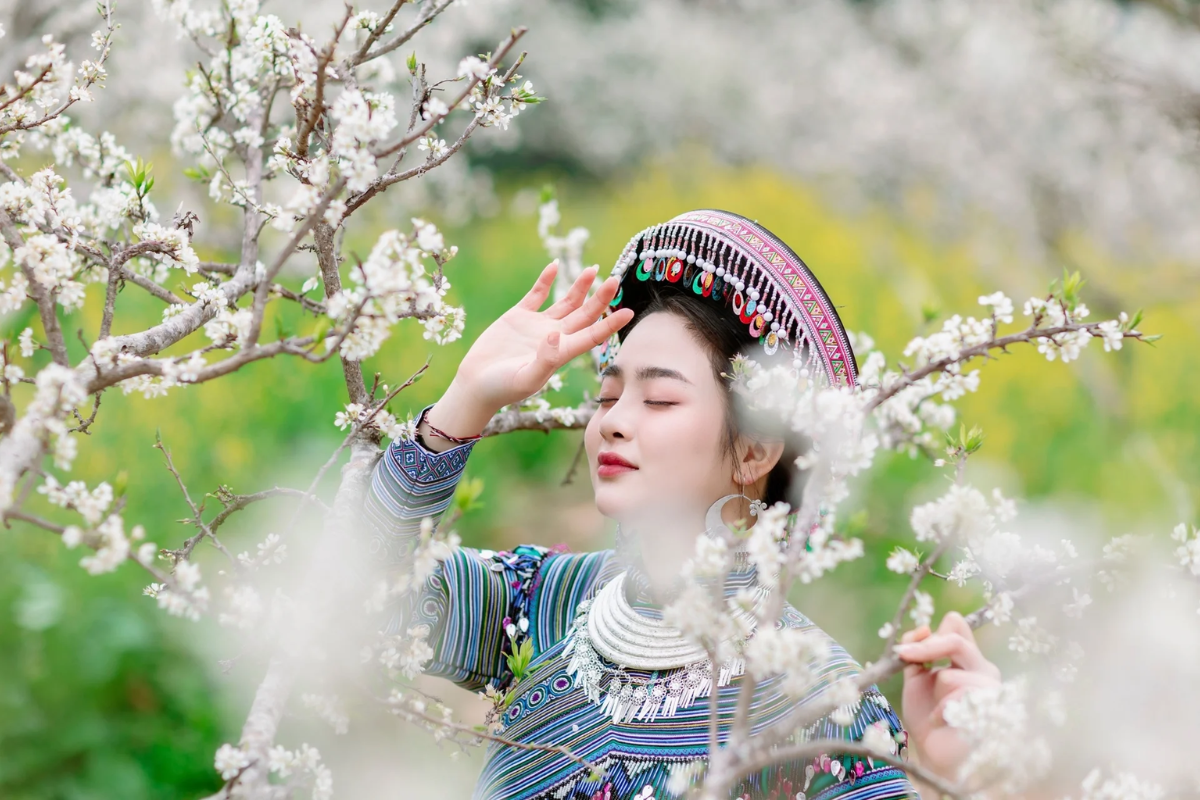
Nicknamed the "White Plateau," Bac Ha becomes a white sea of plum blossoms in spring. Until the 1980s, this region was known for opium cultivation. In 1993, local efforts transformed it into a hub for plum orchards, symbolizing both revival and sustainable development.
Getting to Bac Ha from Hanoi
By Night Train
Take an overnight train from Hanoi to Lao Cai (8–9 hours), then continue by car or minibus for a 2-hour ride through lush landscapes.
By Bus
Budget-friendly tourist and local buses are available from Hanoi, usually requiring a transfer in Lao Cai. The total journey takes around 8 hours.
Combining Sapa with Bac Ha
Many travelers explore both Sapa and Bac Ha. After experiencing Sapa’s well-known routes, a 3-hour drive leads to Bac Ha's more untouched charm.
Best Time to Visit
- Spring (Jan–Mar): Plum blossoms and cultural festivals, including New Year celebrations.
- June: Traditional horse races and ripe plum season.
- August: Bac Ha Temple Festival, celebrating local heroes with music and rituals.
Top Attractions in Bac Ha
Bac Ha Ethnic Markets
Held every Sunday, this colorful market gathers over 10 ethnic groups. Browse four main sections—household goods, brocades, livestock, and cuisine.
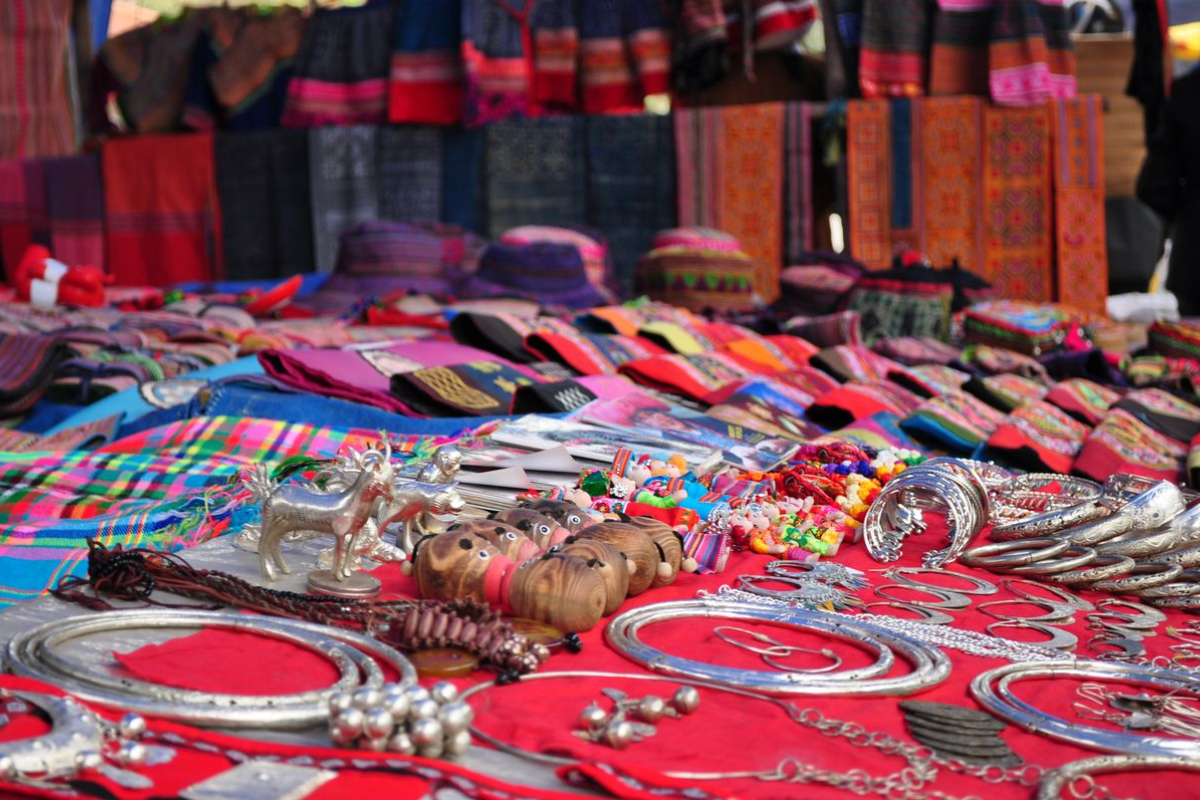
Hoang A Tuong Residence
This 20th-century architectural gem combines French and Tay influences. The estate spans 4,000 sqm and offers panoramic views.
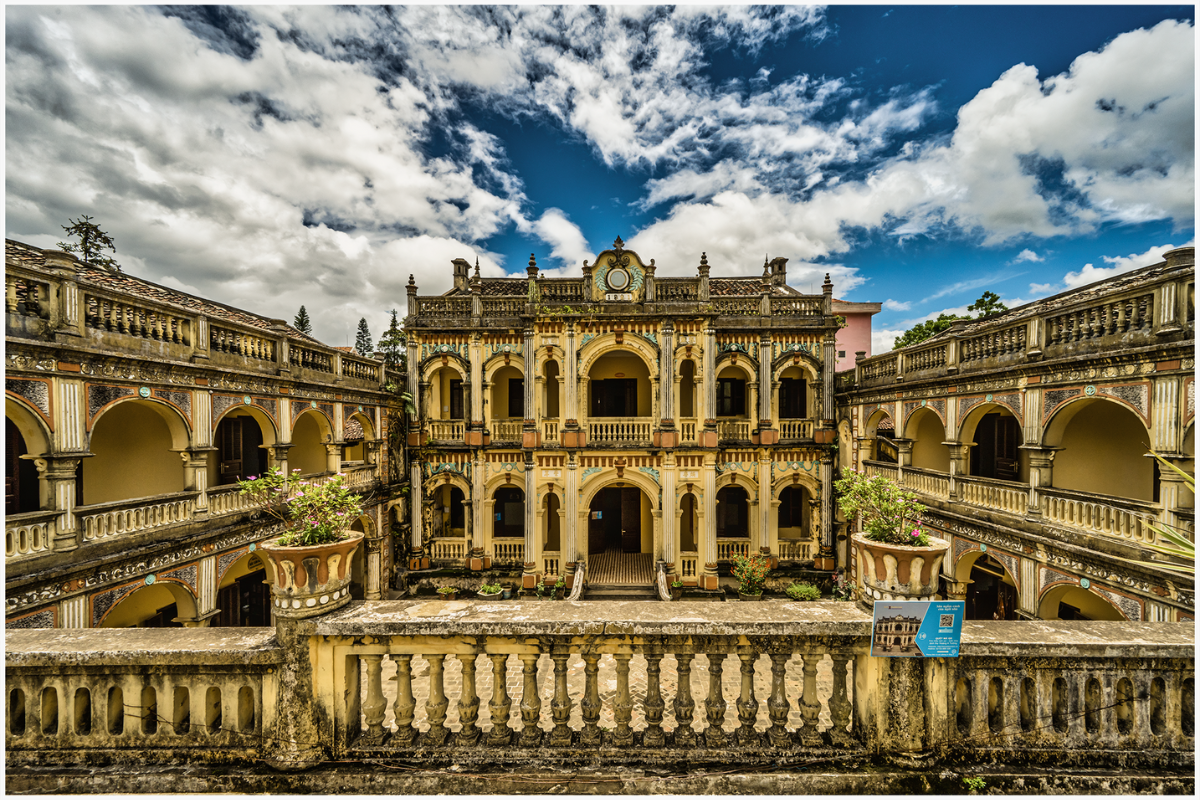
Valley of Flowers Thai Giang Pho
Wander through vibrant orchid and lavender fields just 2 km from Bac Ha town. Buckwheat fields also bloom during festivals.
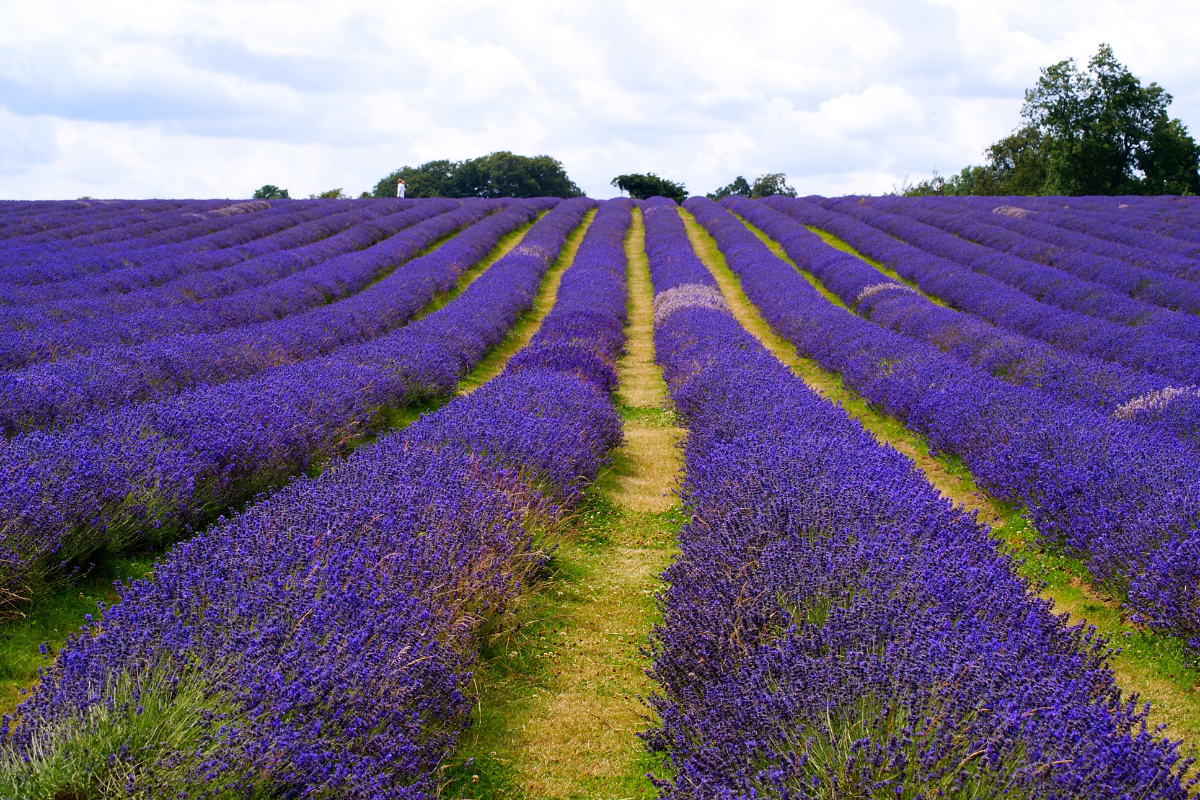
Ban Pho Village
Just 4 km away, this Hmong village is famous for its corn alcohol and warm hospitality. Engage with locals and savor traditional distillation methods.
Hang Tien (Fairy Cave)
Take a boat along the Chay River into a lush forest to discover this mystical cave with layered rock formations and fairy legends.
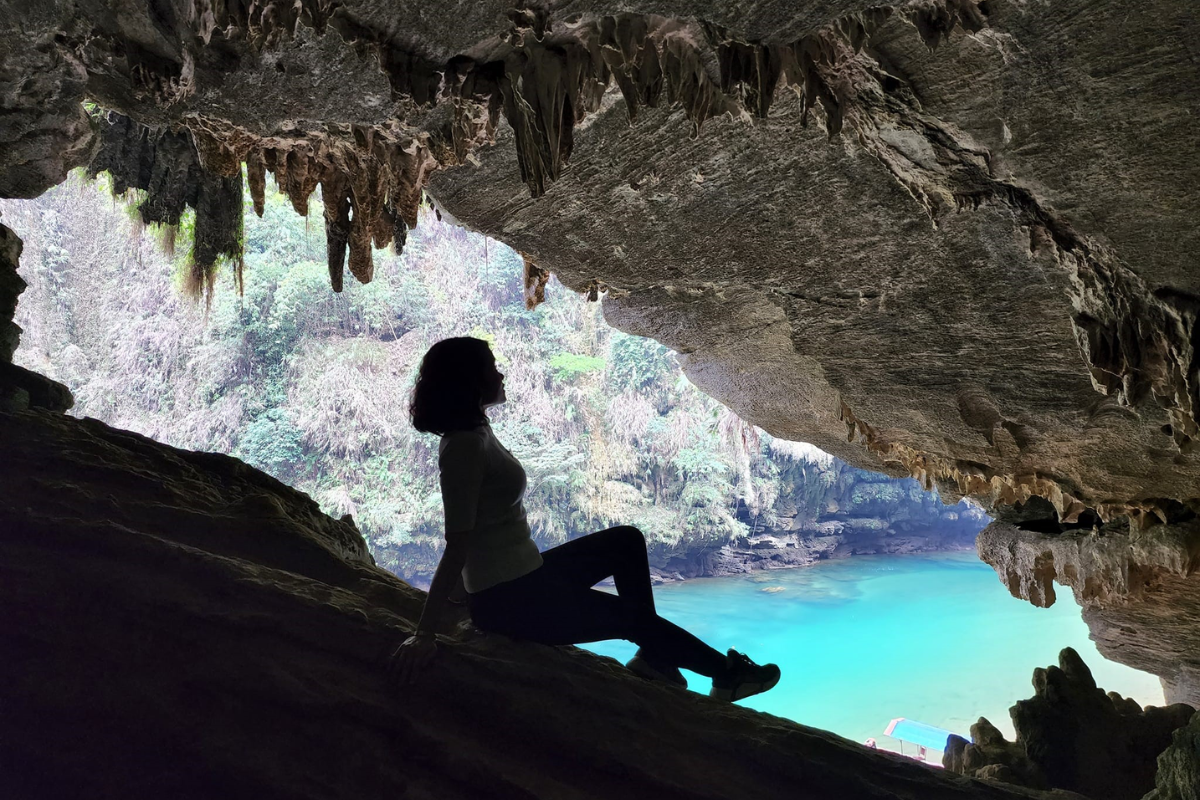
Bac Ha Temple
This 19th-century temple honors Vu Van Uyen and Vu Van Mat. It's the focal point of the Bac Ha Temple Festival held in August.
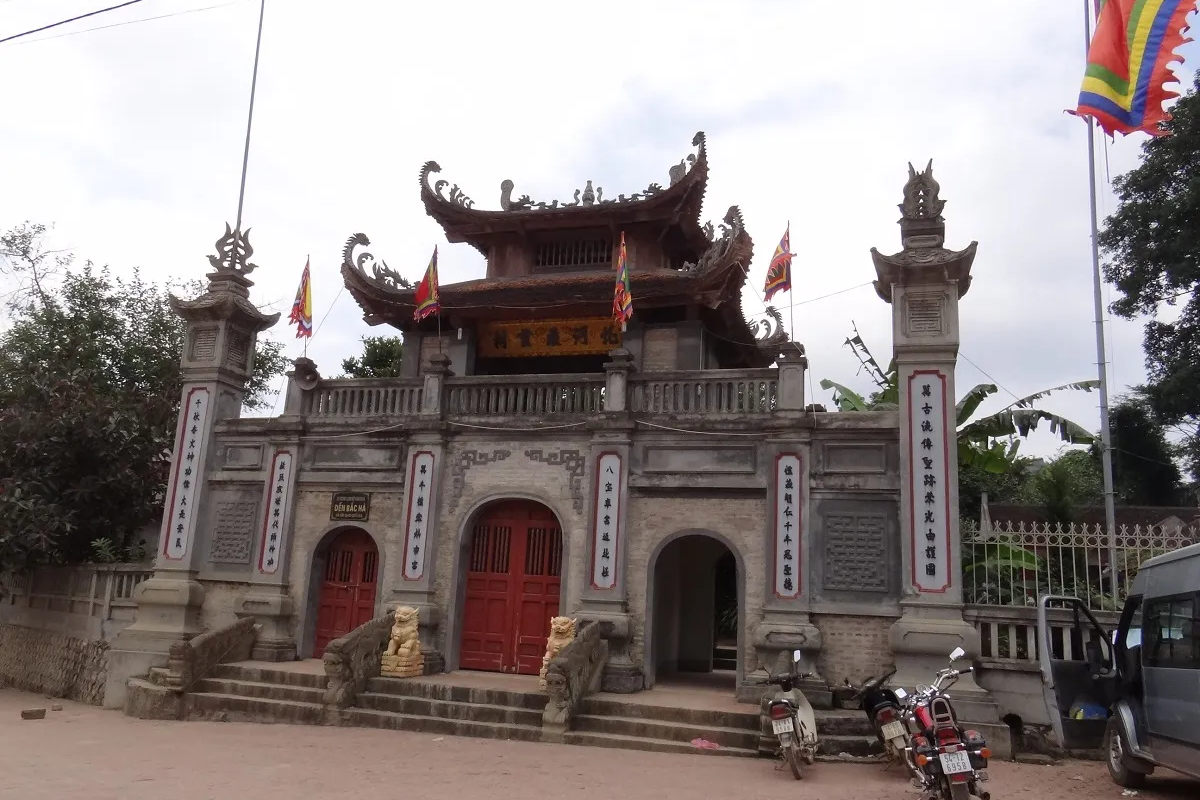
Where to Stay in Bac Ha
Hotels
Simple, family-run hotels offer cozy en-suite rooms near the town center, often with mountain views.
Homestays
For cultural immersion, stay with ethnic families in Pho Village, Na Lo, Trung Do, or Na Hoi Tay and Nung. Enjoy shared meals, craft workshops, and farming activities.
Local Dishes to Try
Pho Chua (Sour Pho)
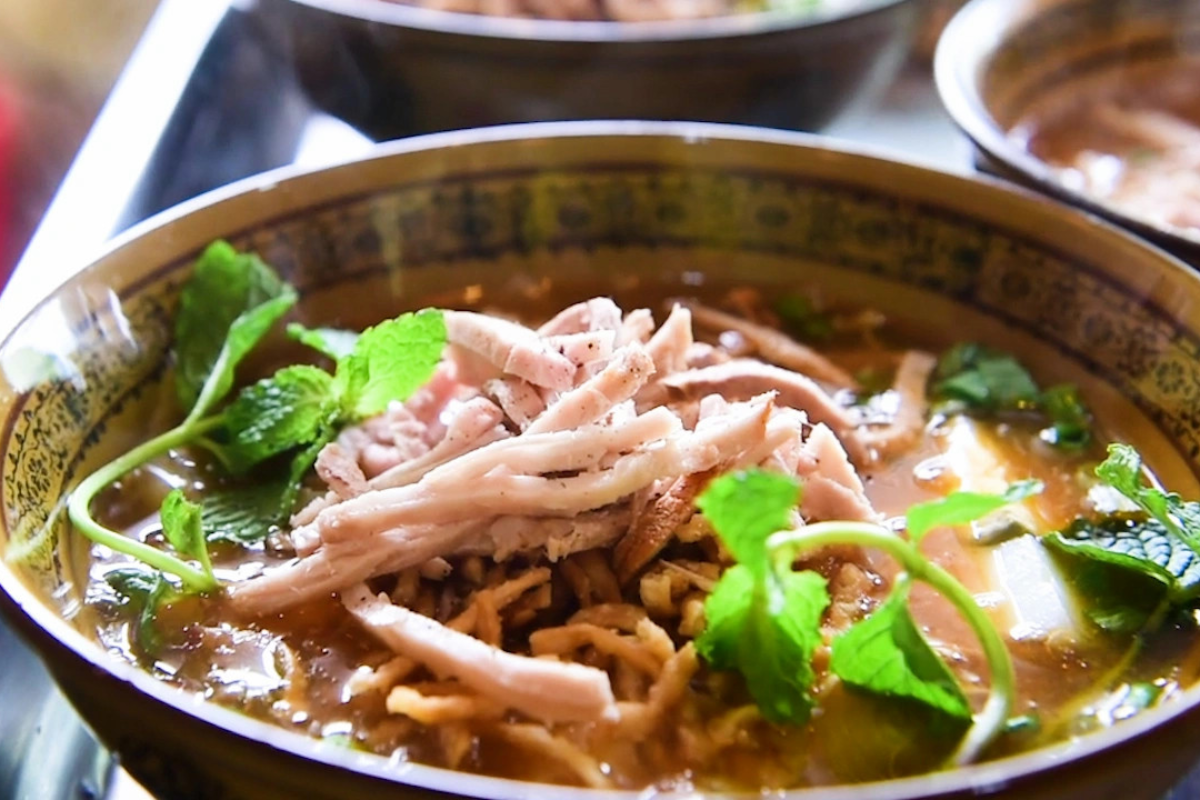
This cold, tangy noodle dish combines marinated pork, herbs, peanuts, and sauce for a refreshing experience.
Thang Co
A hearty soup traditionally made with horse meat and flavored with spices like mac khen and cardamom. A must-try in ethnic markets.
Five-Color Sticky Rice
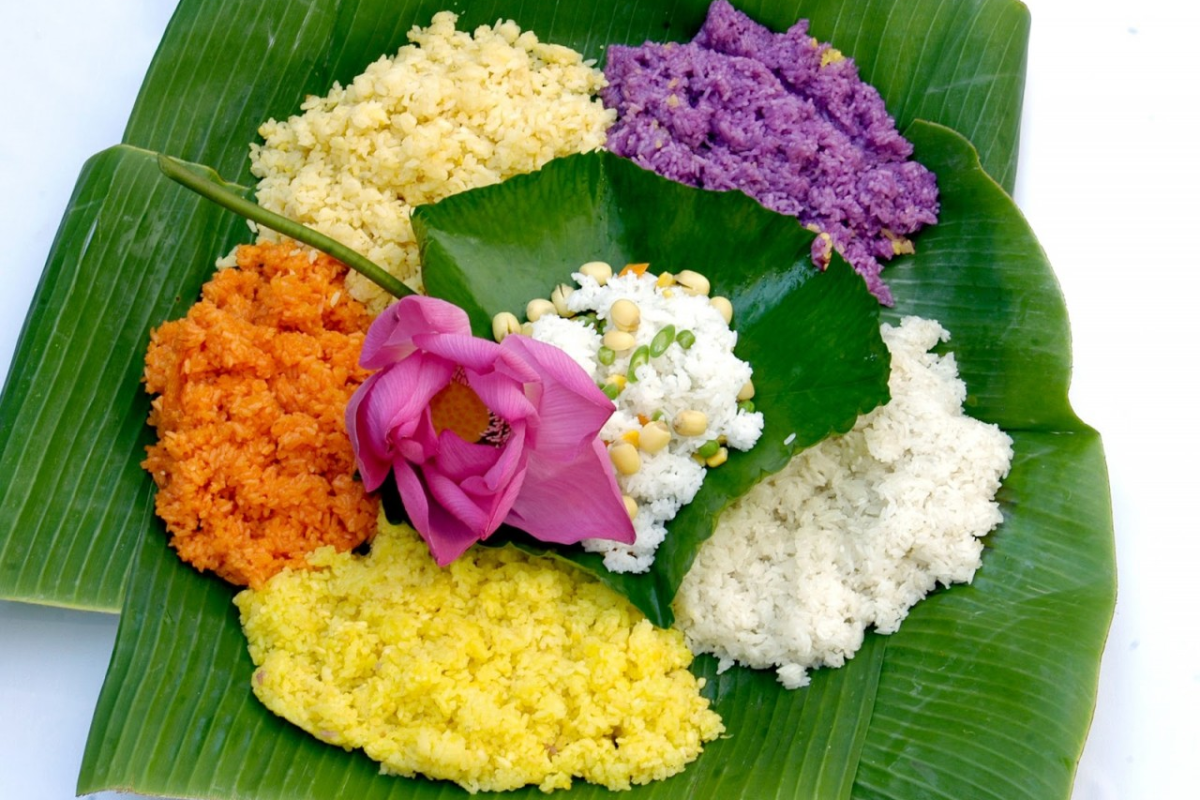
Made with plant-based natural dyes, this rice dish symbolizes harmony with nature and is commonly served during festivals.
Young Sticky Rice (Cốm)
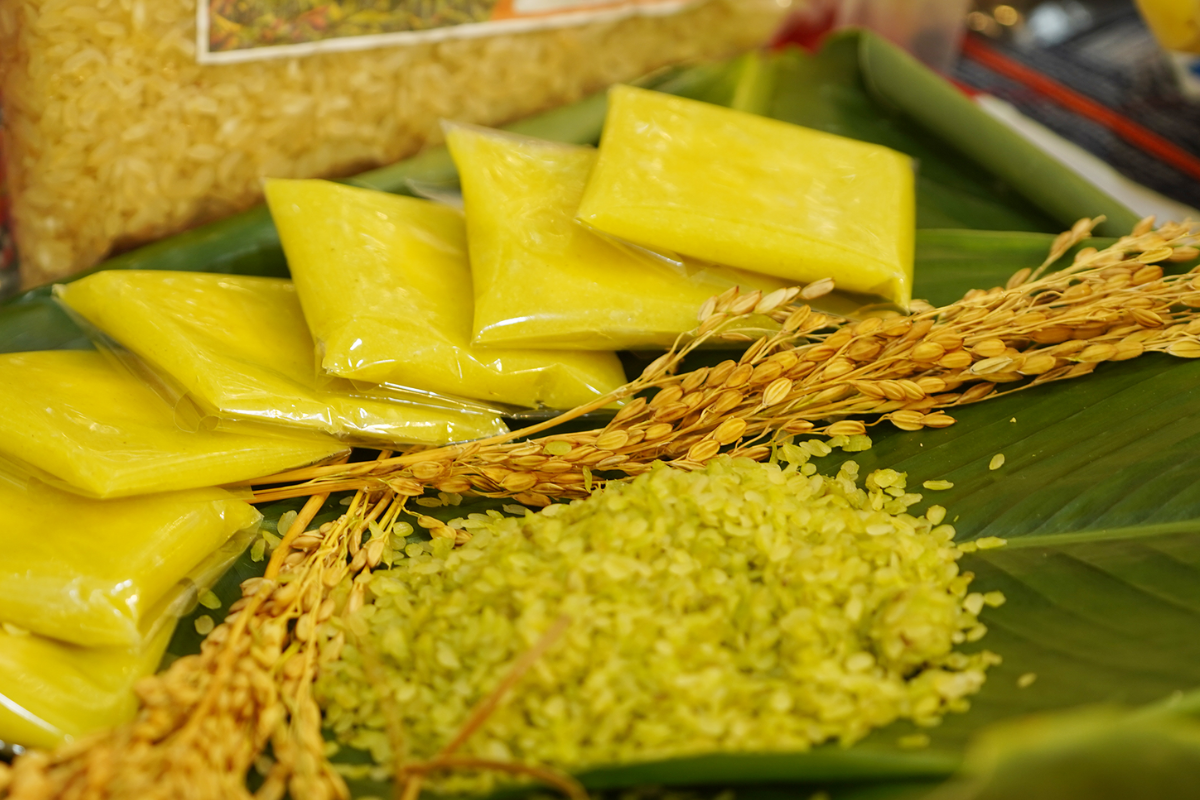
Harvested early, roasted, and eaten with sugar or coconut milk, this delicacy is wrapped in banana leaves and reflects agricultural traditions.
We hope this information about Bac Ha enhances your journey and helps you create unforgettable memories during your authentic experience in Vietnam. For an unforgettable experience, contact World Mate Travel, your trusted Vietnam travel agency!
Contact Us:
Email: sales@worldmatetravel.com
WhatsApp: +84988660505
